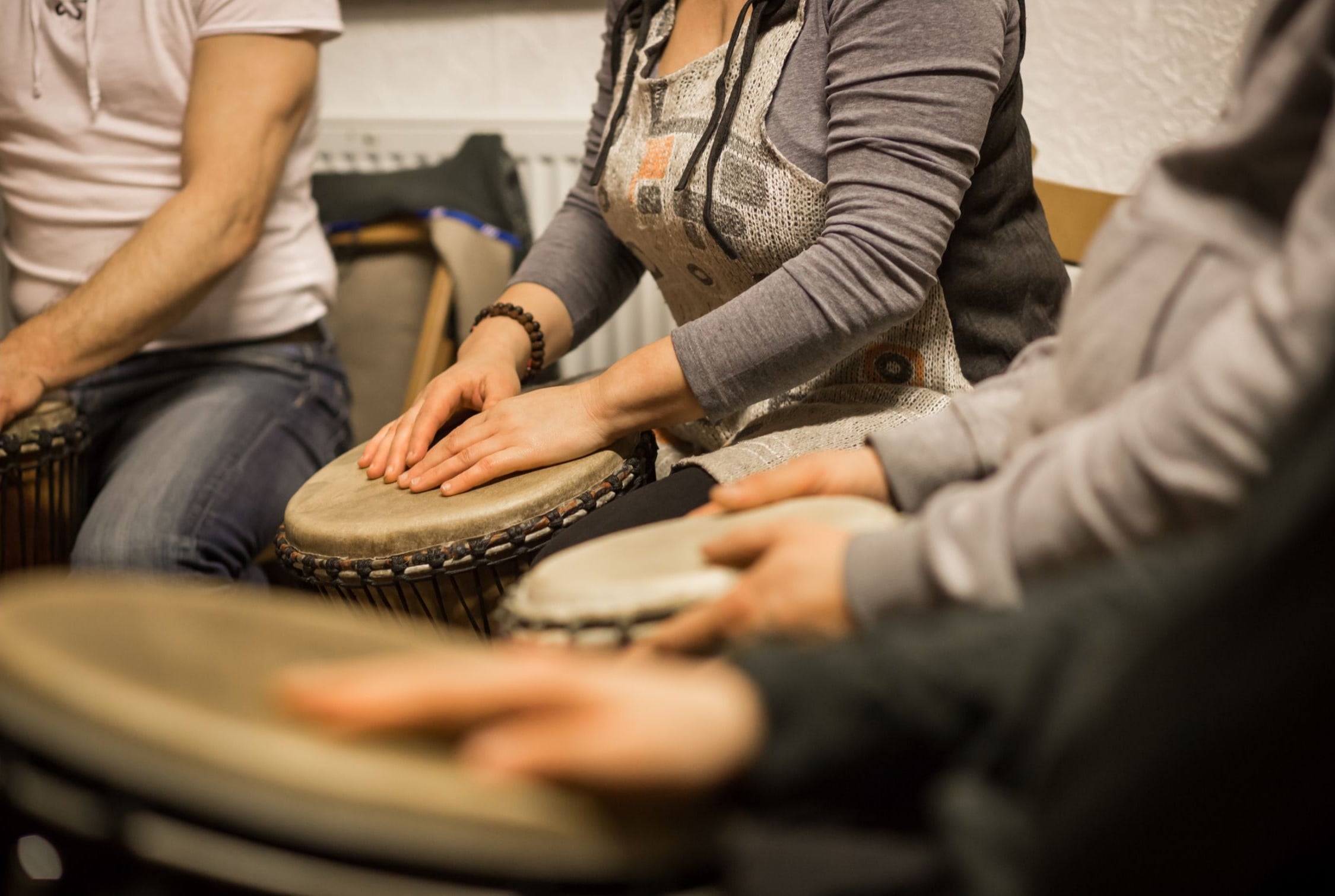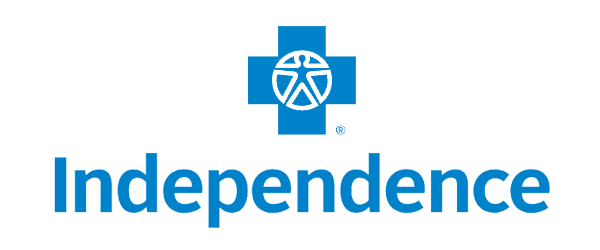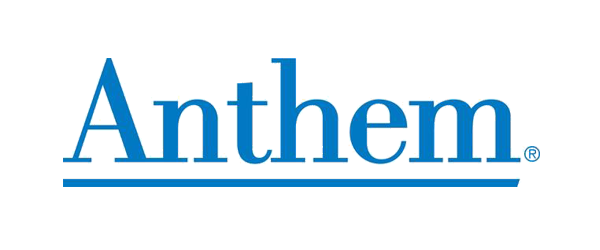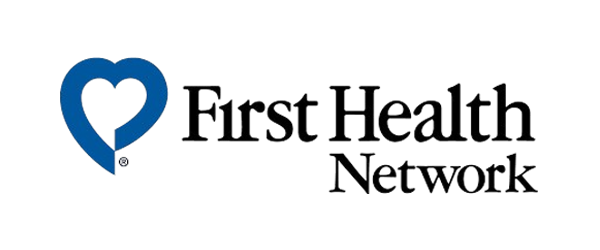Music Therapy
Music therapy uses singing, song-writing, listening, and performance as therapeutic tools to recover from mental health and substance use disorders. Creekside Recovery Group offers music therapy and other alternative therapies during outpatient treatment.
Music plays a significant role in virtually every part of life. In addition to being a popular form of entertainment and a venerated means of artistic expression, music helps us to lift our voices in times of celebration, and it buoys our spirits in moments of sadness. At Creekside Recovery Network, music therapy for addiction uses the power of this hallowed art form to help people achieve long-term recovery from substance use disorders.
What is Music Therapy?
When you think of therapy in the context of addiction treatment, psychotherapy (or talk therapy) is probably what first comes to mind. Individual, group, and family conversations under the guidance of a trained professional can be a vital component of treatment and recovery.
But psychotherapy isn’t the only approach that can help people who have developed a substance use disorder (which is the clinical term for addiction). Dynamic, interactive approaches such as music therapy for addiction can also be extremely beneficial.
As described by the American Music Therapy Association (AMTA), music therapy is “the clinical & evidence-based use of music interventions to accomplish individualized goals within a therapeutic relationship.”
Music therapy for addiction may involve a variety of activities, including:
- Listening to recorded or live music
- Playing an instrument
- Singing
- Dancing or simply moving to music
- Reading lyrics
- Writing songs
- Performing
Contrary to a common misconception, a person does not have to have any previous training or specific talent in order to benefit from music therapy.
How Does Music Therapy for Substance Use Disorder Work?
Usually (but not always), music therapy for addiction occurs in a group environment. The specifics of a session can vary widely depending on a variety of factors, including your needs and preferences, the general goals of the group, and the therapist’s experience and areas of focus.
Understanding that there is no such thing as a standard music therapy session, here are a few examples of what may occur when you participate in music therapy for addiction:
- The therapist may play soft or soothing music, with the goal of helping the group members simply relax. Participants may be seated in comfortable chairs, or they may recline on yoga mats or other soft surfaces. This can help with stress relief, and may be beneficial to participants who are experiencing withdrawal-related pain.
- The therapist may ask the group members to write a song that is related to addiction or recovery. This may include creating an entirely new song, crafting new lyrics to an existing melody, or adding a verse to a specific song. This can give you an opportunity to express your feelings about an important topic (such as the psychological distress of untreated addiction, or the hope of a new beginning) in a creative yet honest and open manner.
- The therapist may bring a variety of drums to the session, and ask each participant to select one. Therapeutic drumming can be a great way to release stress, express your emotions nonverbally, elevate your mood, and connect with other people. Drumming can also be an excellent introduction to musical performance for people who have never picked up an instrument before, or who mistakenly believe that they don’t have any talent.
- The therapist may play a song, then ask group members to discuss both the music and the lyrics. As music therapist Kathleen Murphy wrote in her chapter of The Music Therapy Handbook, “Songs are useful in recovery because they describe life experiences cognitively (lyrics) and emotionally (music). Songs can unfreeze emotions …”
Please note that these brief descriptions do not capture the full experience of a music therapy session. When music therapists lead activities like the ones described above, they will approach the session with a specific purpose that reflects the strengths and needs of the group members.

Benefits of Music Therapy
The specific benefits that you receive can depend on your unique needs and your goals for the session. In general, the many potential benefits of music therapy for addiction include helping you with the following:
- Processing emotions
- Expressing feelings
- Responding to trauma
- Gaining a new perspective on personal challenges
- Improving communication
- Forming healthy, meaningful connections with others
- Managing pain and emotional stress
- Lowering blood pressure
- Increasing motivation
- Enhancing memory
Is Music Therapy for Addiction Effective?
The effectiveness of virtually all therapeutic approaches can vary from person to person. What’s ideal for one patient may not meet the needs of another. This is why addiction treatment is most effective when providers employ multiple therapies and support services, customizing them to meet the needs and goals of each person.
With that established, research indicates that music therapy for addiction can, indeed, be an effective element of care.
In November 2017, the journal PLOS One published a review of 34 studies that evaluated music therapy and music-based interventions (MBI) in the context of addiction treatment. Here are a few examples of what the team that conducted this review reported:
- Eight of 10 studies that assessed the impact of music therapy and MBI on motivation found “high level evidence of efficacy.”
- Two of three studies found that music therapy and MBI were associated with improved locus of control. (Locus of control refers to a person’s belief that they have the ability to exert some control over their lives or influence what happens to them.)
- Neuro-imaging studies indicate that listening to music engages areas of the brain that are essential for “cognitive, emotional, and sensorimotor processing.”
- Single music therapy sessions appear to be as effective as verbal psychotherapy sessions at alleviating withdrawal cravings, promoting the therapist-client relationship, and improving symptoms of depression.
- Several studies found that music therapy sessions had a positive effect on clients’ mood and emotions. Music therapy helped to reduce anxiety and anger, while increasing clients’ sense of enjoyment.
Find Help Now.
At Creekside Recovery Group, we believe that long-term recovery is possible. Our practical programs can help you and a loved one
Music Therapy Combined with Other Holistic Therapies
Music therapy for addiction is most effective when it is part of a comprehensive, multifaceted approach. At Creekside Recovery Network, people who take part in music therapy sessions may also participate in a variety of other holistic therapies and services, such as yoga, reiki, and nutritional counseling.
Reiki, which was developed more than a century ago in Japan, is a healing process that uses gentle touch to help redirect energy flow through the body. It is a painless, non-invasive service that poses virtually no risk of negative side effects. As with music therapy, reiki has been associated with stress reduction, relaxation, and pain relief, among other benefits.
The nutritional component of addiction treatment is designed to help people learn how to form a healthier relationship with food. Elements of this service may include educational sessions, meal planning instruction, guided shopping trips, and hands-on food preparation. Nourishing your body with healthy food can boost both your physical strength and your mental clarity – both of which can be vital to your continued recovery.
Combining music therapy, reiki, and nutritional counseling with more traditional therapeutic approaches can be an ideal way to help people achieve true and lasting healing in mind, body, and spirit.

Medically Reviewed
Erika Dalton, LMSW
Erika Dalton, LMSW is a Licensed Master Social Worker and Director of Quality Control at Creekside Recovery Group
Facility Image Gallery
Find Music Therapy For Addiction Near You
Creekside Recovery Network offers music therapy and a wide array of additional services for people whose lives have been disrupted by the compulsive abuse of alcohol and other substances.
When you choose to begin your recovery journey at one of our facilities, your treatment team will take the time to get to know you as a unique individual, so they can develop a truly customized plan that will meet the full scope of your needs.
To learn more about music therapy or any other aspect of our addiction treatment programming, or to schedule a free assessment, please contact us today.










 Now that I have completed my successful journey here I would like to say that throughout it I was treated with nothing but respect. To take that a step further, I felt as if I was being treated by family.
Now that I have completed my successful journey here I would like to say that throughout it I was treated with nothing but respect. To take that a step further, I felt as if I was being treated by family.







